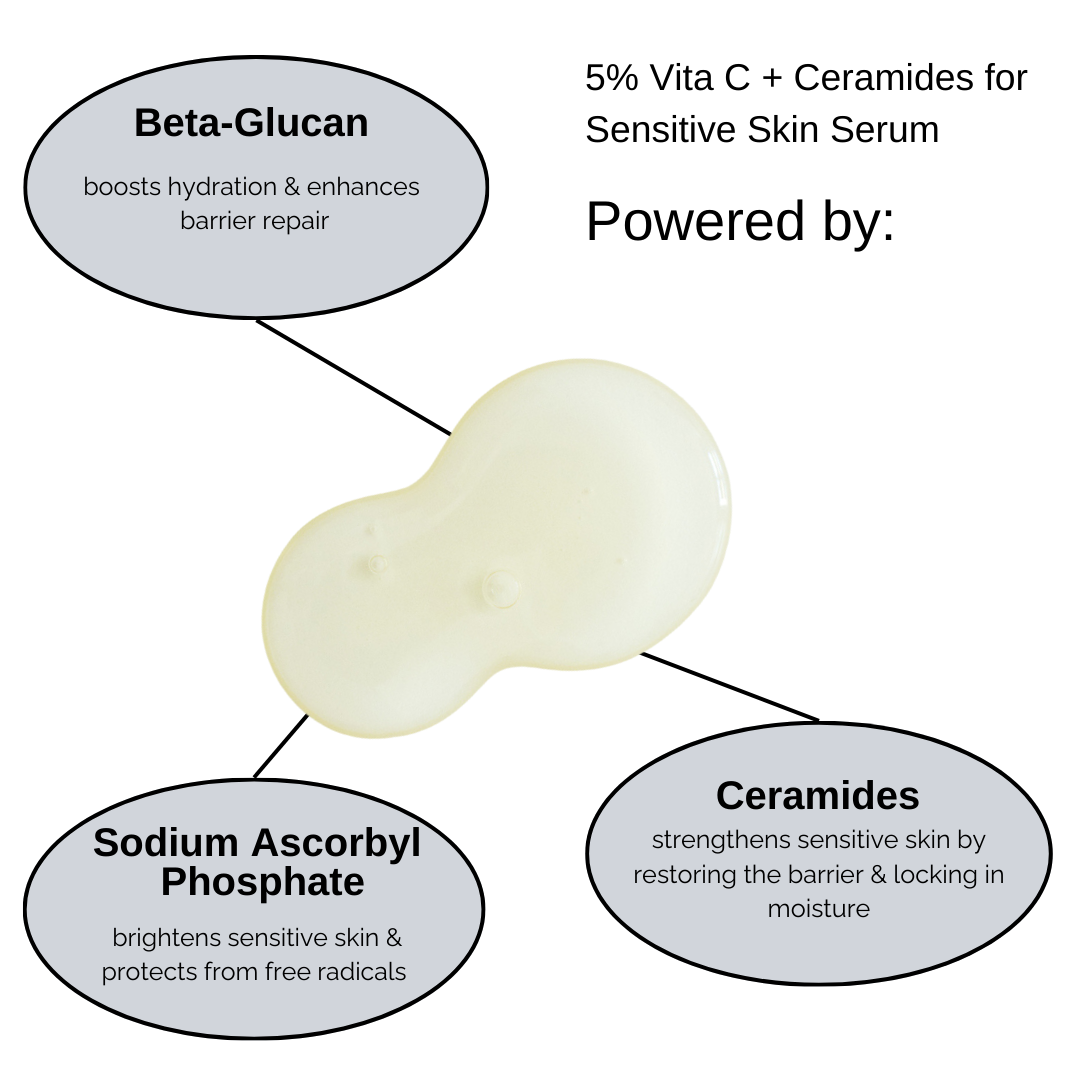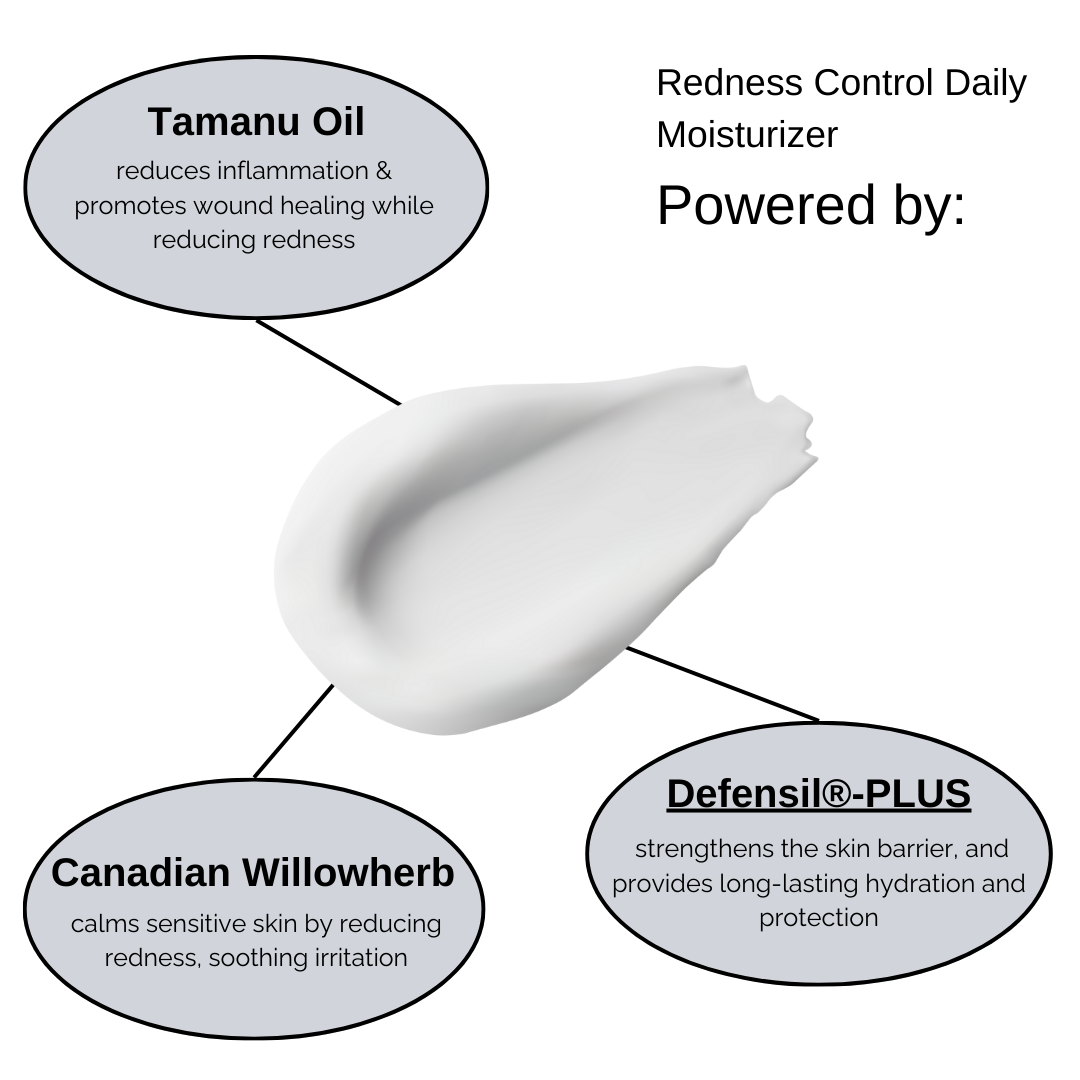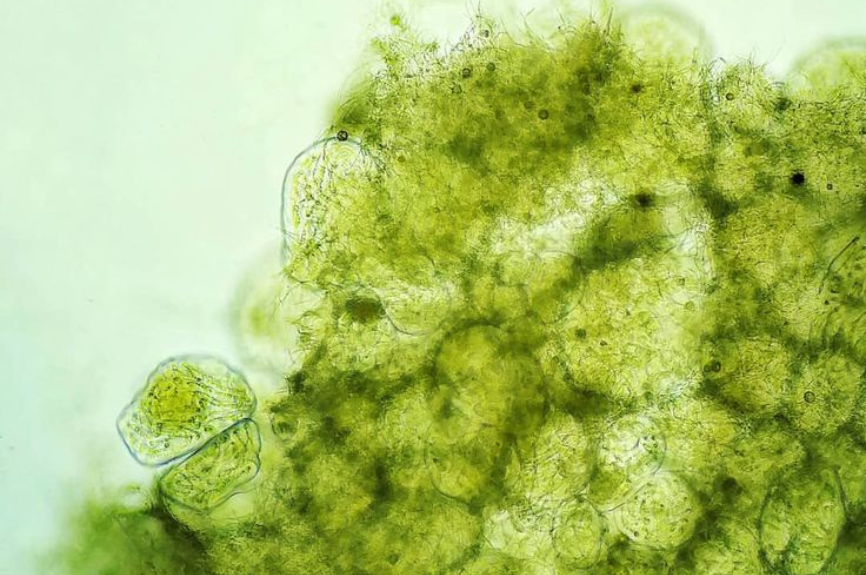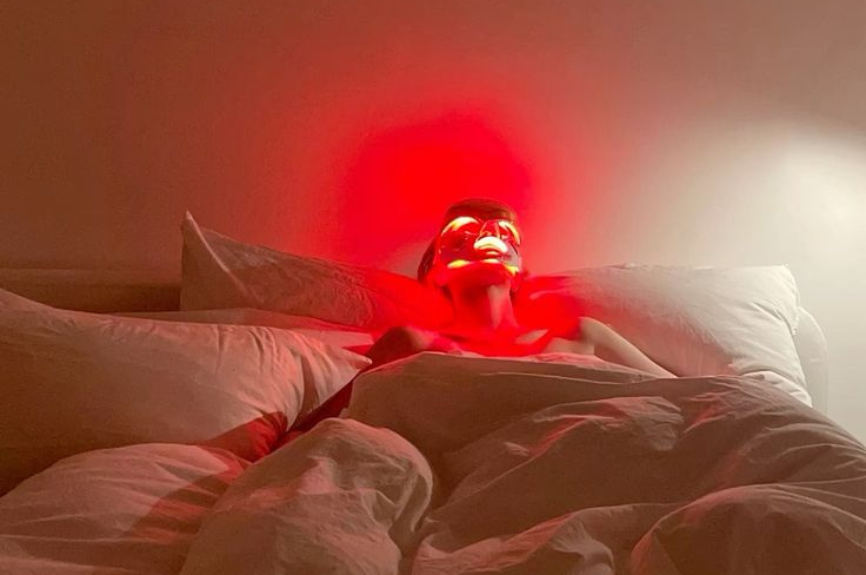
Understanding the difference between Liver & Digestive Rosacea
There are two significant types of rosacea—liver rosacea and digestive rosacea—which are linked to the body's internal systems, namely liver function and digestive health.
Let's dig deeper into their causes, signs, and management to help you better understand and treat.
Liver Rosacea
Causes:
Liver rosacea is believed to stem from impaired liver function. The liver is responsible for detoxifying the body, processing hormones, and managing inflammation. When the liver is overwhelmed or not functioning optimally, toxins can build up in the bloodstream, potentially leading to systemic inflammation and skin flare-ups. Factors such as excessive alcohol consumption, poor diet, certain medications, and chronic liver diseases can contribute to this condition.
Signs:
-
Persistent redness and flushing on the face & neck
-
Visible blood vessels (telangiectasia) and inflammation.
-
Flare-ups mainly triggered by alcohol & fatty foods
-
Other signs of liver distress, such as fatigue, yellowing of the skin (in severe cases), or digestive issues.
Management:
-
Support Liver Health: Reduce alcohol intake, avoid processed and fatty foods, and incorporate liver-friendly foods like leafy greens, beets, and turmeric.
-
Detoxification: Consult a healthcare professional about liver detoxification protocols or supplements like milk thistle and N-acetylcysteine (NAC).
-
Hydration: Drink plenty of water to support detoxification and reduce inflammation.
-
Medical Consultation: For chronic or severe cases, seek advice from a medical professional to assess liver function and address any underlying conditions.
- Medications: Are you on any medications that might be affecting your liver? Talk to your doctor to see if you can get off of them or if you can swap them for something else.
Digestive Rosacea
Causes:
Digestive rosacea is closely tied to gut health issues, particularly Small Intestinal Bacterial Overgrowth (SIBO), food intolerances, and a disrupted gut microbiome. Poor digestion can lead to systemic inflammation and trigger immune responses that manifest as rosacea. Diets high in processed foods, stress, and certain medications (like antibiotics) can further exacerbate digestive imbalances.
Signs:
-
Redness and irritation on the cheeks, nose, or chin.
-
Flare-ups after consuming certain foods (e.g., spicy foods, dairy, or sugar).
-
Bloating, gas, or other gastrointestinal discomfort.
-
Skin sensitivity and burning sensations during flare-ups.
Management:
-
Dietary Adjustments: Follow a low-FODMAP or anti-inflammatory diet to reduce gut irritation. Incorporate fermented foods and prebiotic-rich vegetables to support a healthy microbiome.
-
Probiotics and Enzymes: Use high-quality probiotics and digestive enzymes to improve gut health and nutrient absorption.
-
SIBO Testing and Treatment: If SIBO is suspected, consult a healthcare provider for testing and treatment options such as antibiotics or herbal antimicrobials.
-
Stress Management: Practice mindfulness, yoga, or meditation to reduce stress, which can exacerbate gut and skin issues.
Key Differences Between Liver Rosacea and Digestive Rosacea
| Aspect | Liver Rosacea | Digestive Rosacea |
|---|---|---|
| Primary Cause | Impaired liver function and toxin buildup | Gut imbalances, SIBO, or food intolerances |
| Triggers | Alcohol & fatty foods | Specific foods, stress, and gut health issues |
| Associated Symptoms | Signs of liver stress, fatigue, redness | GI discomfort, bloating, food reactions |
| Focus of Treatment | Liver detoxification and support | Gut health improvement and SIBO management |
A Holistic Approach to Managing Rosacea
Since both liver and digestive rosacea are influenced by internal health, a holistic approach is essential:
-
Healthy Diet: Incorporate whole, unprocessed foods that support liver and gut health. Avoid known rosacea triggers like spicy foods, alcohol, and high-sugar items.
-
Hydration: Drink plenty of water to assist detoxification and maintain skin hydration.
-
Skincare: Use gentle, fragrance-free products designed for sensitive skin to reduce external irritation.
-
Professional Guidance: Consult healthcare providers to assess liver function or gut health and create a tailored treatment plan.
-
Stress Reduction: Practice stress management techniques to support overall health and reduce flare-ups.

